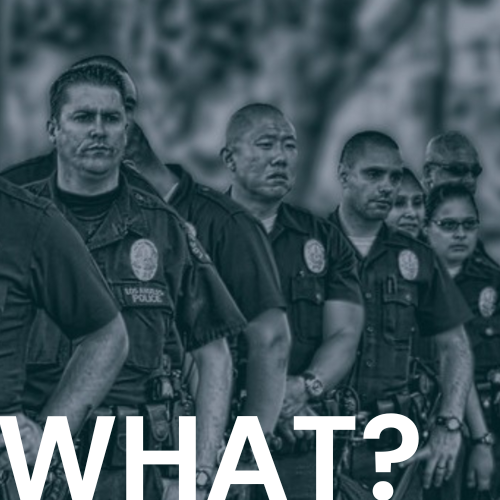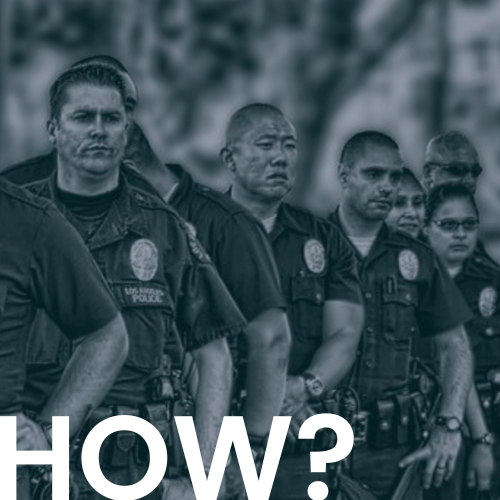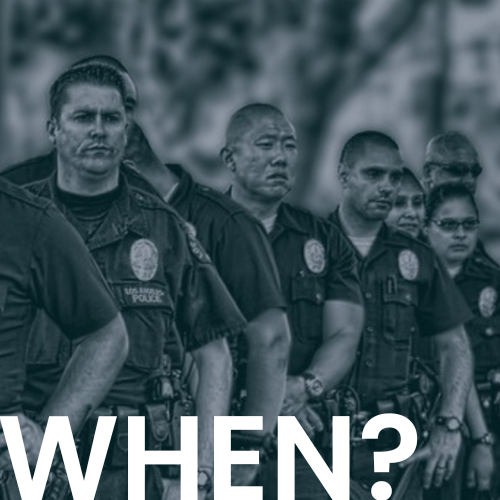Mitigating
Mitigating evidence is evidence furnished to prove the existence of mitigating circumstances. For instance, information about a defendant's background and upbringing can be introduced as mitigating evidence. It is usually produced by a defendant in criminal trial. A capital defendant is entitled to present any relevant mitigating evidence in support of a sentence less than death. This is because consideration of the character and record of the individual offender and the circumstances of the particular offense is a constitutionally indispensable part of the process of inflicting the penalty of death. In the capital sentencing context, relevant mitigating evidence is evidence which tends logically to prove or disprove some fact or circumstance which a fact finder could reasonably deem to have mitigating value. This rule does not give the defendant unfettered discretion to present mitigating evidence. Trivial or unimportant evidence should still be excluded. However, a court must allow any evidence that is of such a character that it might serve as a basis for a sentence less than death.






![Peace Officer Standards & Training [POST] Departments Peace Officer Standards & Training [POST] Departments](/sites/default/files/styles/large/public/2023-07/Brady.png?itok=xsIFvU8R)
![Organizations [Law Enforcement et al.] Organizations [Law Enforcement et al.]](/sites/default/files/styles/large/public/2023-07/Brady%20%282%29.png?itok=H7Pj15F8)

